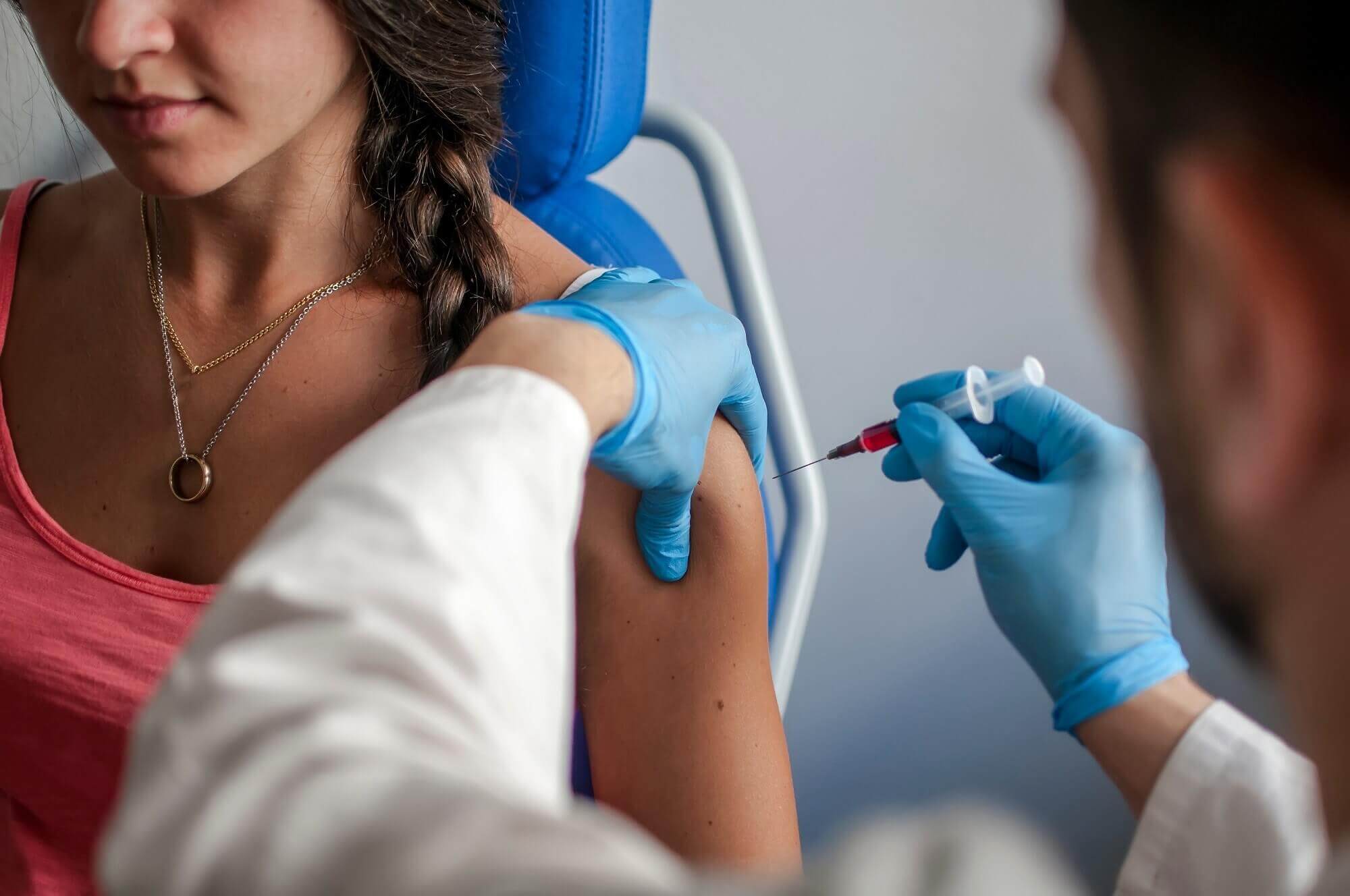In context: After successfully becoming measles-free in the year 2000, the US is likely to get that status revoked due to the massive outbreak of the disease around the country, especially in the New York state, where it quickly began to spread as of September 30, 2018. With 600 confirmed cases, the tally quickly went up to 900 the next day following a similar outbreak in the nearby Rockland County. Since then, the measles outbreak has spread to twenty-nine other states, which although were short-lived, have sickened more than 1,200 people this year alone. With 12 new cases of measles emerging this week, most of them in New York, the Centers for Disease Control and Prevention fears that things are likely to get worse as children return to school early next month and congregate in close-quarters.
Despite the efforts from YouTube, Indiegogo and Facebook to crack down on anti-vax content, the misinformation that rides on huge waves of the internet isn't easy to control and now that it's been ashore to most places around the world, the US is on the brink of losing it's measles-elimination status, which the World Health Organization revoked for the UK earlier this month.
Understandably, clamping down on diseases like measles isn't just a tech or med responsibility but also a social one, and as unfortunate as it is, the WHO reported that the first three months of 2019 have seen a 300% rise in measles cases worldwide compared to the same period last year.
For the US, there's a "reasonable chance" that it'll lose its measles elimination status in October, said Dr Nancy Messonnier, director of the National Center for Immunization and Respiratory Diseases at the Centers for Disease Control and Prevention, reports CNN.
She further said that it was "incredibly frustrating and upsetting to the public health community that we may lose measles elimination status, because we do have a safe and effective vaccine," and that the CDC plans to release a detailed statement next week about the country's measles elimination status.
Speaking on the role of Social Media Platforms for disseminating health information, WHO Director-General Dr Tedros Adhanom Ghebreyesus said that "Misinformation about vaccines is as contagious and dangerous as the diseases it helps to spread," adding that it spreads far and fast on these social media platforms including during critical vaccination campaigns in countries like those for polio in Pakistan or yellow fever in South America.
Citing the need to protect people's health and lives as a collective effort, he stated that many people get their information from social media platforms and these will likely be a major source of information for the next generation of parents.
With vaccines saving at least 2 million lives every year, a social media response to ensure broad trust in vaccination is just one part of a comprehensive approach that also requires "substantive efforts by governments in building health systems that are worthy of that trust and respond to parents' needs and concerns."
